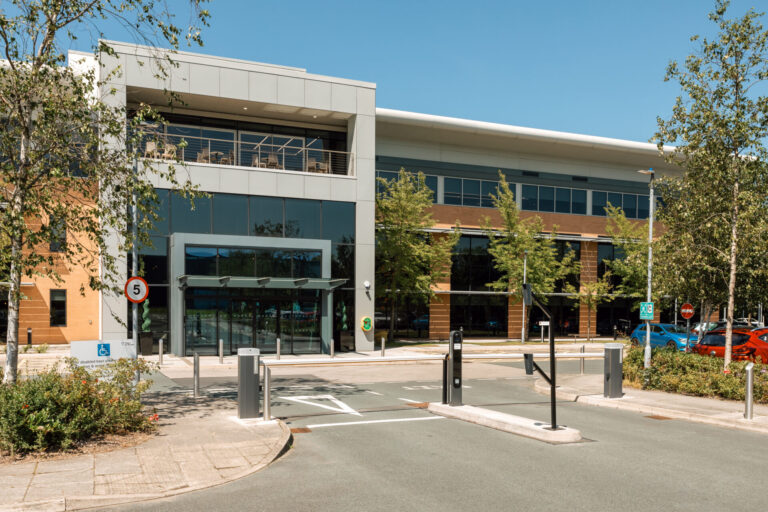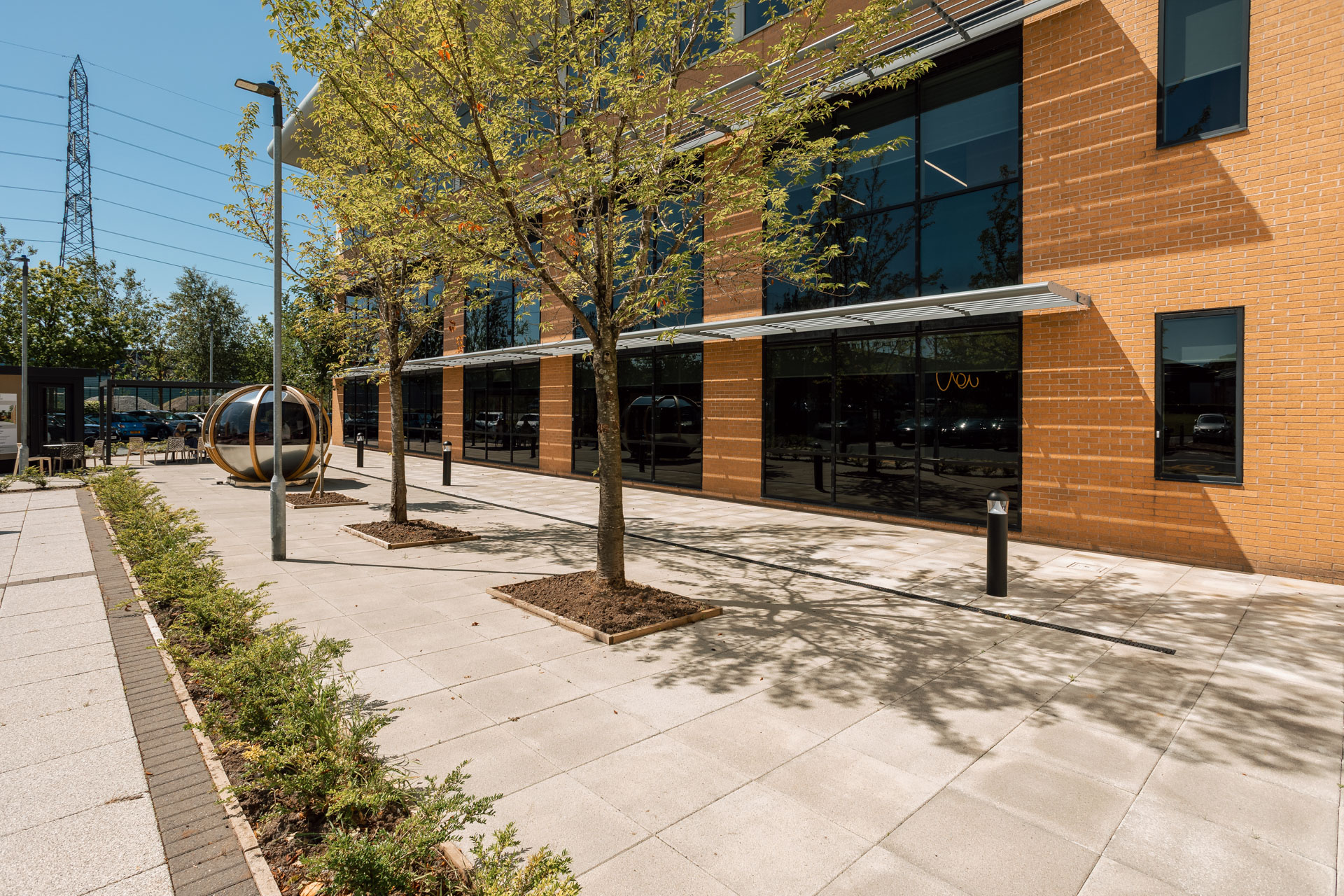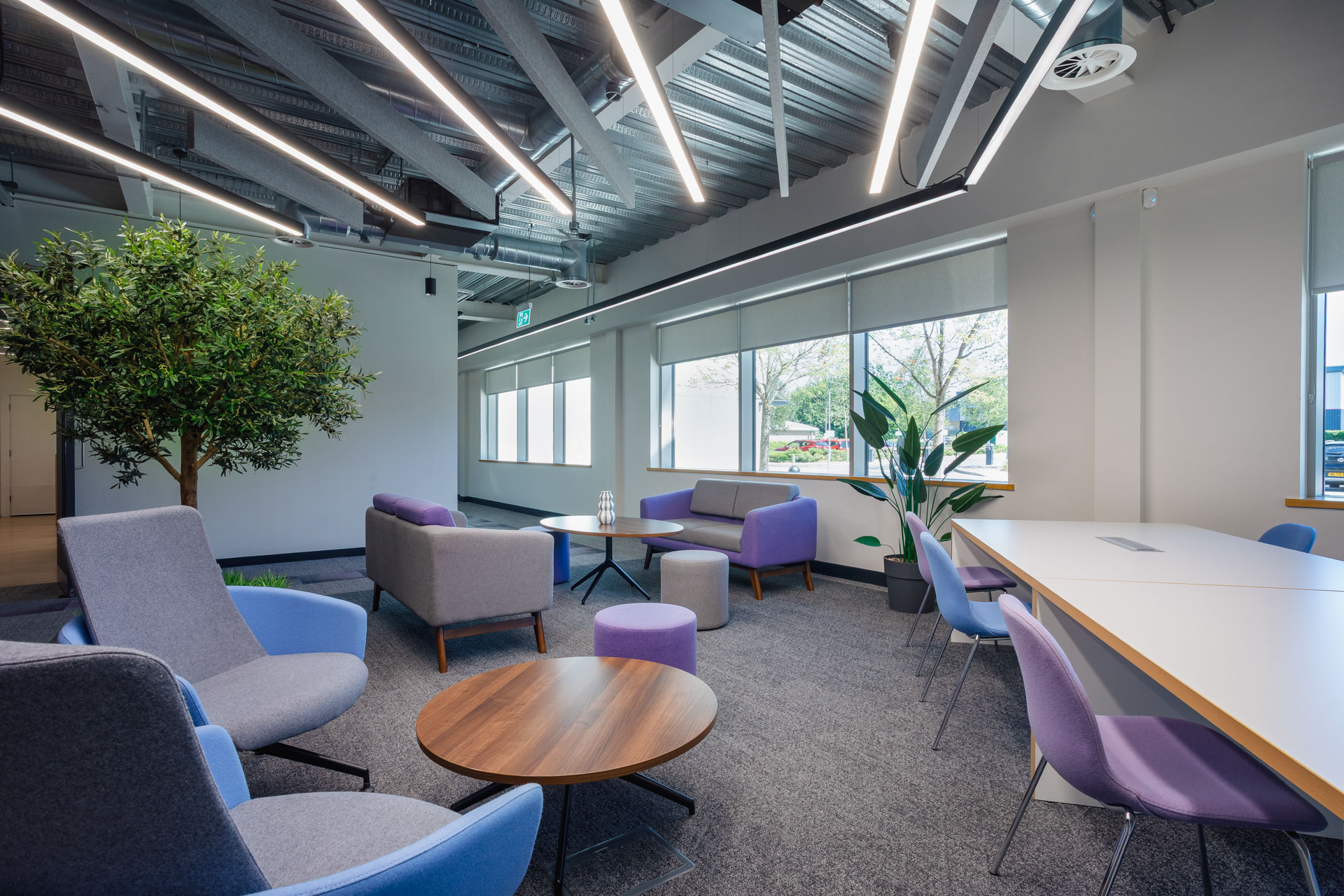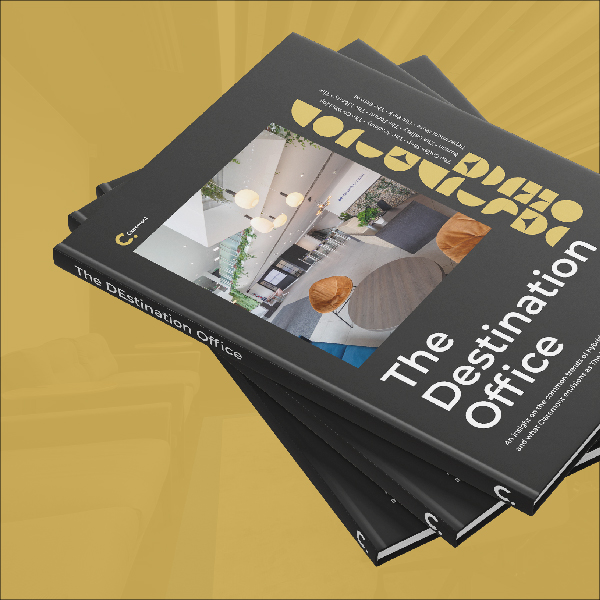
EPC compliance and commercial property: What you need to know
Date
20 August 2025
Read length
5 min
With the UK government announcing their bold plans for the country reach net zero by 2050 – the standards to which commercial properties are held to are rapidly evolving.

What is an EPC rating?
An Energy Performance Certificate (EPC) rates the energy efficiency of a building using a grading scale from ‘A’ to ‘G’, with ‘A’ being the most efficient.
Although EPC ratings are mandatory for both residential and commercial buildings, commercial EPCs involve a more thorough assessment suited to the complexities of business use.
As of April 2025 all commercial properties must have a valid EPC, with a minimum rating of ‘E’ though this is expected to rise to ‘C’ by 2027 and again to ‘B’ by 2030.
When it comes to commercial properties, an EPC is based on a detailed evaluation of how energy is used throughout the building. Here’s a quick look at the key areas that are assessed:
- Heating systems: The type, efficiency, and controls of the heating setup are reviewed to understand how much energy is used to keep the space warm.
- Cooling systems: If the building has air conditioning or other cooling equipment, these are checked for how efficiently they operate.
- Ventilation: The way air flows through the building is examined to see how well it supports energy efficiency and indoor comfort.
- Lighting: Assessed to determine how energy-efficient the fixtures are.
Knowing your building’s EPC rating isn’t just about meeting regulations; it can quietly show how well the space is performing and where there’s room to improve.
The value of an EPC rating
Having a strong EPC rating brings more to the table than just meeting legal requirements. It can quietly boost your business in a number of ways that are easy to overlook.
A better rating often translates into higher rental yields, as energy-efficient buildings tend to attract tenants willing to pay a premium for lower running costs and better comfort. It can also increase the overall value of your property, making it a more appealing asset in a competitive market.
For prospective tenants, a solid EPC rating is a clear signal that the building is well-maintained and future-ready. That makes your space more attractive to businesses looking for long-term premises.
On the operational side, lower energy bills are a direct benefit of improved efficiency. Over time, these savings can add up significantly, especially in larger commercial spaces.
There’s also the reputational angle. A strong rating supports enhanced sustainability credentials, which can be a real advantage when bidding for contracts or working with environmentally conscious partners.
A strong EPC rating is important for future-proofing your property. With regulations tightening and minimum EPC standards rising, investing in energy performance now helps avoid costly upgrades later.
Our work with Places for People
In the early stages of the project, we ran detailed building models to estimate the EPC rating the property could achieve, making sure our MEP (Mechanical, Electrical, and Plumbing) installations met the necessary criteria.
These simulations helped guide design decisions, ensuring that systems like heating, cooling, and lighting were not only compliant but also contributed positively to the building’s overall energy performance.
By factoring in EPC outcomes from the outset, we were able to align technical choices with long-term goals like lower energy costs, stronger sustainability credentials, and future regulatory compliance.

Our commitment to sustainability
EPC ratings are just one of the many things we consider when it comes to sustainability. From solar panels at our Warrington head office to carbon-neutral fit-outs sustainability is woven into everything we do at Claremont. To learn more about our commitment to sustainability and all things ESG click here!
See how we could help with your new office interior design or office design and build project here
Get in touch
We love nothing better than talking all things workplace and design – got a question, potential project or just need some guidance?
Drop us a note…




